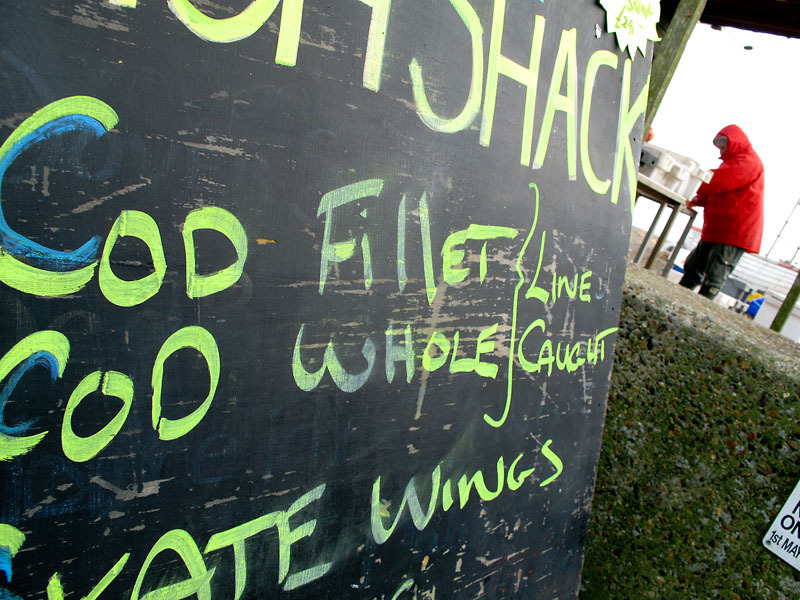The Marine Stewardship Council (MSC) comes out on top in a new report commissioned by WWF that reveals poor performance among other assessed seafood ecolabelling schemes and calls for improvements across the board to strengthen their effectiveness.
Accenture’s non-profit practice, Accenture Development Partnerships (ADP) compared and ranked seven fishery certification schemes that use ecolabels on seafood products against a set of WWF criteria that focus on the schemes’ effectiveness in addressing the health of fisheries and oceans.
The MSC is ranked the highest in the ADP report, Assessment of On-Pack, Wild-Capture Seafood Sustainability Certification Programmes and Seafood Ecolabels, with a score of just over 95 percent compliance to the assessment’s criteria requirements.
The report finds that except for the MSC, the other assessed schemes – Naturland, Friend of the Sea, Krav, AIDCP, Mel-Japan and Southern Rocklobster – do not evaluate fisheries across all criteria to the extent required to support sustainable fishing and healthy oceans.
“The findings of this assessment reveal serious inadequacies in a number of ecolabels and cast doubt on their overall contribution to effective fisheries management and sustainability.” said Miguel Jorge, Director of WWF International’s Marine Programme.
“While the assessment shows the MSC comes out best in class using the most rigorous programme out there, it is not perfect. Improvements are needed across the board to ensure all seafood ecolabels deliver on their promise.”
The criteria used in the assessment reflect best practices for fisheries ecolabelling certification schemes with the Food and Agriculture Organization’s (FAO) 2005 guidelines for ecolabelling forming the basis for the criteria. Standards developed by the International Social and Environmental Accreditation and Labelling Alliance (ISEAL) and elements from WWF’s framework for ecosystem-based management of marine fisheries were added.
The assessment points to significant differences in transparency, information availability, structure and accuracy of claims made by each scheme. Aside from the MSC, all other schemes assessed have substantial shortcomings in the area of transparency and information provision.
“The growth of seafood ecolabels over the last ten years attests to the strong demand from consumers and seafood companies who want seafood from better fisheries.” added Jorge.
“But with the proliferation of ecolabels and the variability of these schemes there is a real risk of confusion, or worse still a lack of confidence in seafood ecolabelling among buyers and consumers.”
As part of WWF’s efforts to implement sustainable fishing practices globally to protect marine life and ocean habitats, the conservation organization works with major seafood buyers to use their purchasing power to secure seafood from sustainable sources and assess their current supply chain. The report is intended to address confusion expressed by this group and inform their choices.
The most credible ecolabelling schemes accepted in international fora are voluntary, third party, operated independently and involving interested parties.
In addition to fisheries certification scheme efforts to address sustainable fishing, other issues including carbon footprint, animal welfare and social issues such as worker’s rights are growing in public consciousness. WWF encourages the seafood ecolabelling community to develop internationally agreed criteria for these priority issues and establish evaluation mechanisms.
“We recommend the assessed schemes reflect on their contribution to marine conservation and use the report as a guide to how best to assess and evaluate fisheries seeking their ecolabel.” added Jorge.
The Singapore Seafood Guide will be launched next month – your own personal guide to the most environmentally friendly seafood in Singapore. Watch out for more details on how to get your copy.














